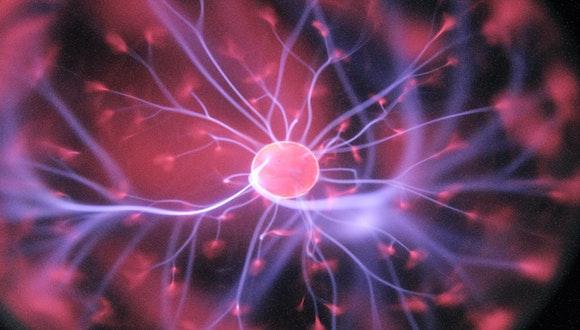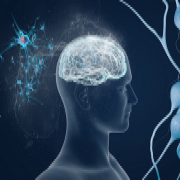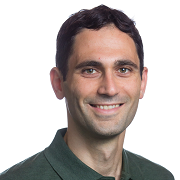Neuro-therapy future is (almost) here
Parkinson's Disease, Alzheimer's Disease, and ALS are a few of the most abundant neurodegenerative diseases. Although not cured yet, it seems that we're about to face comprehensive progress in the understanding and treatment of these diseases. Early detections remains of key importance.
These diseases cause a gradual decrease in the ability of the nervous system to function, and at the same time, various neurological symptoms gradually appear that worsen over time and impair daily functions, such as mobility, balance and ability to speak, and eventually cause complete dysfunction.
For decades this field seemed to be frozen, with more and more treatments on which great hopes were pinned. At most, there has been a success in developing treatments that reduce or delay the symptoms of the disease, but do not affect the progression of the disease itself or the life expectancy of the patients. In recent years, however, many cumulative studies on these diseases have led to new insights and a growing understanding of underlying mechanisms. New drugs and treatments, which open a window for hope and optimism both among physicians and researchers and among patients and their families.
Read full ynet article here Hebrew





